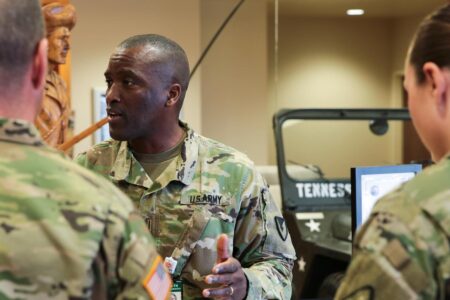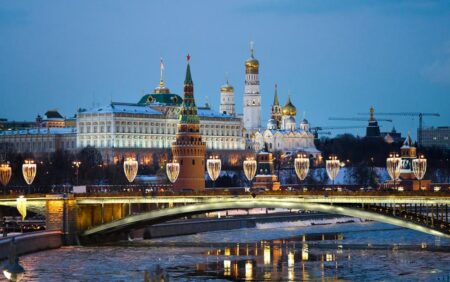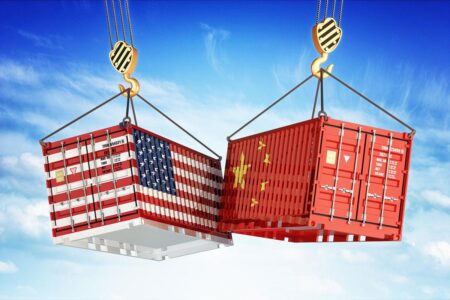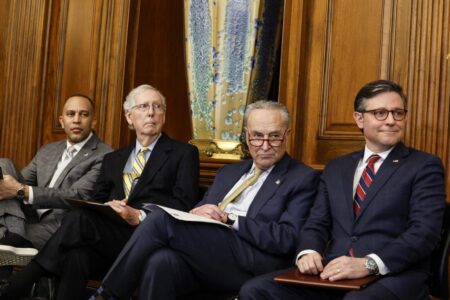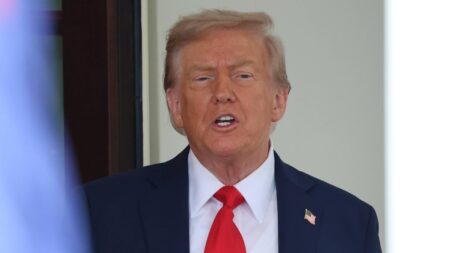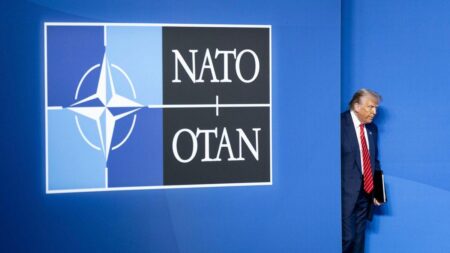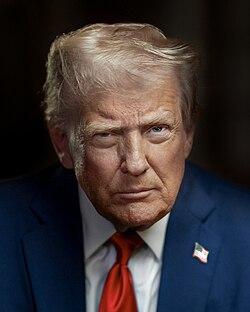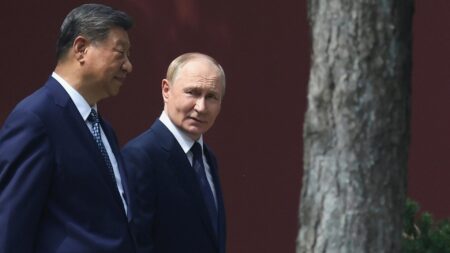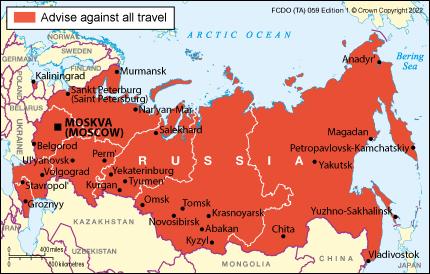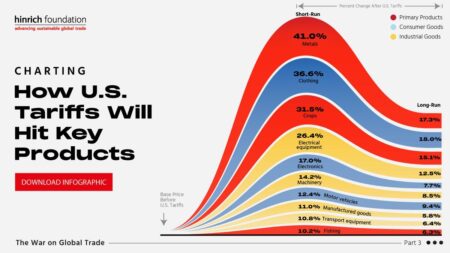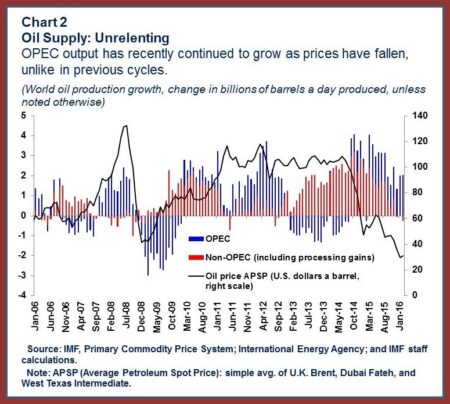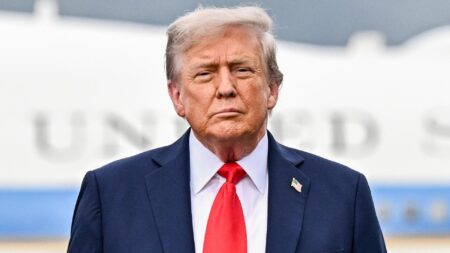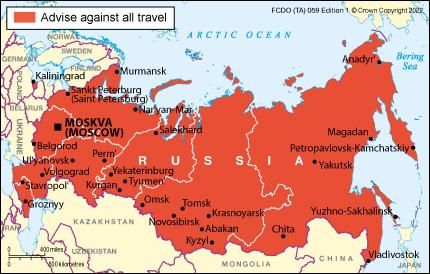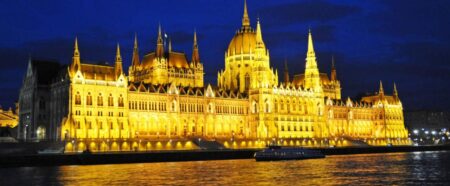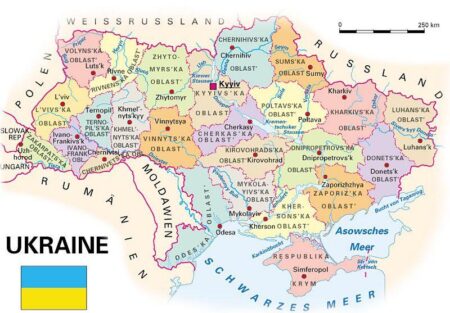Pakistan’s minister revealed that India has firmly rejected any US involvement in Kashmir talks, insisting the issue remains strictly bilateral. This declaration highlights the persistent tensions and complex diplomatic challenges between the two neighboring nations
Browsing: geopolitical tensions
US military officers are intently monitoring the Russia-Belarus war games amid rising tensions, as former President Donald Trump reportedly moves closer to Minsk, drawing heightened global scrutiny-sources reveal
Russia has issued a fierce warning to Europe, pledging to retaliate against any country that seizes its assets. This bold declaration escalates the mounting tensions driven by ongoing sanctions and geopolitical strife. Find out more on yahoo.com
China has firmly rejected former President Trump’s threat of 100% tariffs, declaring, “We don’t take part in wars.” This powerful statement underscores Beijing’s determination to steer clear of a dangerous escalation in trade tensions with the U.S
US lawmakers are preparing to unveil new Russia sanctions in the upcoming funding bill, Reuters reports. This decisive action aims to intensify pressure amid rising geopolitical tensions and strengthen U.S. foreign policy objectives
Former President Trump has urged NATO countries to stop buying Russian oil immediately, highlighting the critical need to sever Russia’s financial lifelines amid ongoing conflicts, Reuters reports. This powerful call ramps up the pressure on allied energy policies like never before
NATO has dramatically boosted its defenses following the downing of Russian drones over Poland. This decisive move aims to reinforce regional security amid escalating tensions between Russia and NATO member nations, officials reveal
Former U.S. President Donald Trump sounded the alarm, warning that India and Russia seem to be falling deeper into the clutches of a “deepest, darkest China,” highlighting escalating geopolitical tensions, Reuters reports. His remarks underscore growing concerns over China’s rapidly expanding global influence
Russian President Vladimir Putin disclosed that the Trump administration was actively “listening” to Russia’s perspective on the Ukraine conflict, highlighting an ongoing dialogue amid escalating tensions, according to Al Jazeera reports
The EU has disclosed that GPS signals on President Ursula von der Leyen’s plane were mysteriously jammed during a recent flight, sparking serious suspicions of Russian interference, according to Reuters. An investigation is now actively underway
Donald Trump’s trade adviser sparked outrage by accusing Indian “Brahmins” of profiting from Russian oil amid global sanctions. Undeterred, he doubled down on defending the U.S. tariff policy, intensifying the trade conflict between the two nations
CDU leader Friedrich Merz raises a stark warning as Russia eyes “part of Germany” amid rising tensions. He stresses that recruiting women into the military may soon be crucial to bolstering the nation’s defense, underscoring mounting security threats
A Trump adviser directly linked US tariffs on India to the Russia-Ukraine conflict, boldly calling it “Modi’s war.” This provocative statement highlights the escalating tensions driven by trade battles and geopolitical rivalries, as reported by BBC
Europe is urgently exploring the creation of a Ukraine-Russia buffer zone-a daring last effort to halt the relentless conflict and underscore the critical need for a diplomatic breakthrough
India’s imports of Russian oil are poised to skyrocket in September, boldly challenging U.S. efforts to curb trade. This striking surge underscores New Delhi’s determined strategy to lock in vital energy supplies amid a rapidly changing global geopolitical landscape
Oil prices dipped as the US sharply criticized India’s newest energy policies, sparking concerns over a potential global supply glut. Market watchers remain on high alert, bracing for volatility amid geopolitical tensions and shifting demand forecasts
Former President Donald Trump is reportedly “very angry” with Vladimir Putin as Russia’s relentless assaults on Ukraine persist despite ongoing peace efforts, highlighting the escalating tensions in the conflict, ABC News reports
Russia accuses European leaders of obstructing peace efforts in Ukraine, while US envoy Vance pledges that America will relentlessly pursue a resolution, highlighting deep divisions over the war’s future
Hungary and Slovakia are sounding the alarm over potential oil supply disruptions following a Ukrainian strike on a vital Russian pipeline. With regional tensions mounting, both nations face growing concerns about imminent energy shortages, Al Jazeera reports
Ukraine’s President Zelenskyy passionately urged the Global South to intensify pressure on Russia and put an end to the relentless conflict. Speaking at a major international forum, he called for united action to restore lasting peace


